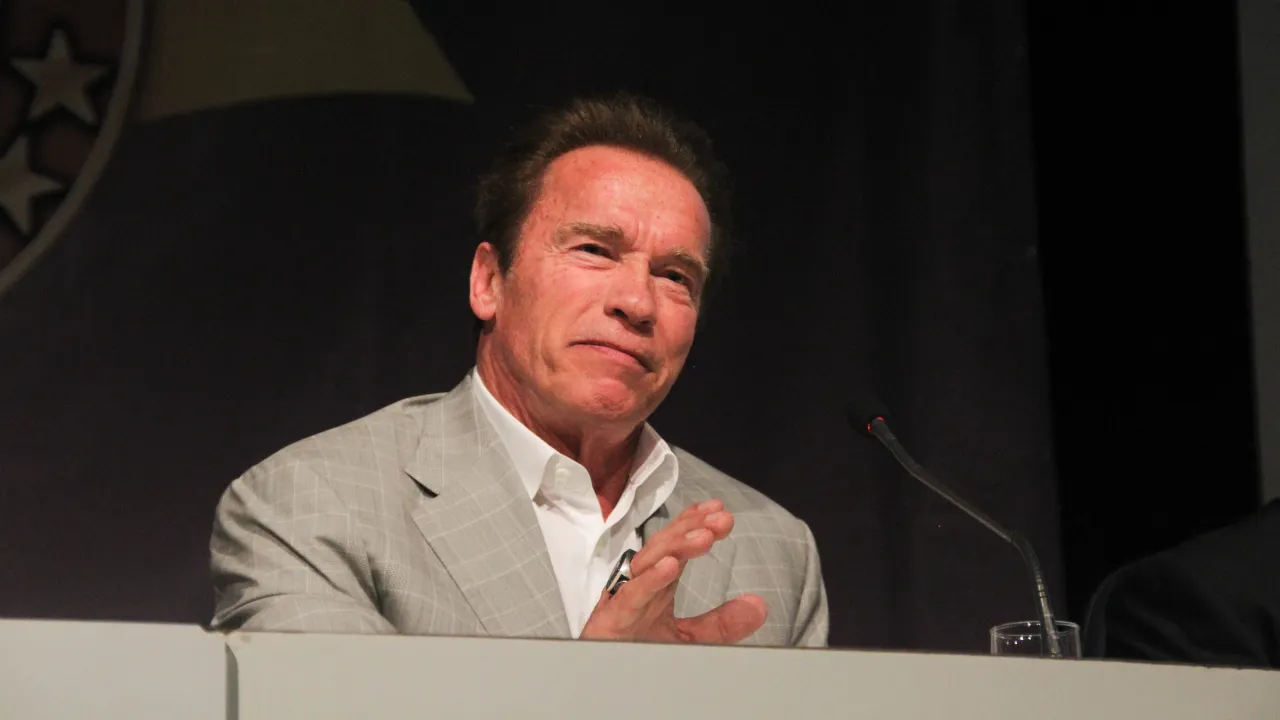The potential threat posed by artificial intelligence (AI) has been a key facet of science fiction for decades. Still, while it remains an aspect of Hollywood blockbusters, iconic action star Arnold Schwarzenegger—who led one of the most prominent film series about an AI oppressor—says the threat is now very real.
During a panel discussion hosted by the Academy Museum of Motion Pictures on Wednesday, Schwarzenegger discussed AI and the oft-mentioned reference to the “Terminator” film franchise’s Skynet network that many people cite when warning about the rapid development of the technology.
"To show you the brilliance of writing that, at that time, we scratched the surface of artificial intelligence," he said. "We're talking about the early 80s. And today, everyone is frightened of it, of where this is going to go."
In the “Terminator” series, Skynet is an artificial intelligence system created by Cyberdyne Systems for the U.S. Department of Defense. The AI becomes self-aware, and viewing humanity as a threat, triggers a nuclear holocaust known as "Judgment Day."
"That is such brilliant writing, because now—after all those decades—it has become a reality," Schwarzenegger said. "So it's not anymore fantasy or kind of futuristic. It is here today."
While nuclear war launched by AI remains in science fiction, the rapid rise of artificial intelligence is still prompting fears over the potential impact on jobs, the spread of misinformation, and—yes, a potential future in which a powerful AI turns sentient and attempts to wipe out the human race.
And right now, there's a fight between humans and generative AI tools in Hollywood. Generative AI refers to artificial intelligence trained on vast amounts of data, which can produce content based on human-provided prompts.
Entering its third month, the Writers Guild of America (WGA) members went on strike on May 2 after negotiations with the Alliance of Motion Picture and Television Producers (AMPTP) fell apart. One of the main sticking points in the talks was the potential use of AI to recreate content based on human-written work.
"I think everyone should be concerned about it," screenwriter and TV producer Josh Friedman told Decrypt at a Los Angeles picket line.
Friedman, creator of the TV series “Terminator: The Sarah Connor Chronicles” and story co-creator for the film “Terminator: Dark Fate," said the concern shouldn’t be a nuclear war but rather a loss of creative livelihoods.
"It's not a Skynet problem; it's [that producers] will be able to create [content] very quickly," Friedman said, "and then try to find somebody who will make good art out of that. That's gonna cut many people out of the process.”
He added that doing so will reduce the overall quality of the production, echoing the concerns of many creators and AI skeptics.
Before agreeing to a media blackout leading up to its own negotiations, SAG-AFTRA national executive director and chief negotiator Duncan Crabtree-Ireland told Decrypt that the issue for its members had to do with compensation for using their likenesses related to AI-generated images.
"The core principles that we're looking for is informed consent and fair compensation if you're going to use any kind of AI or digital technology to recreate someone's image or likeness," Crabtree-Ireland said.

